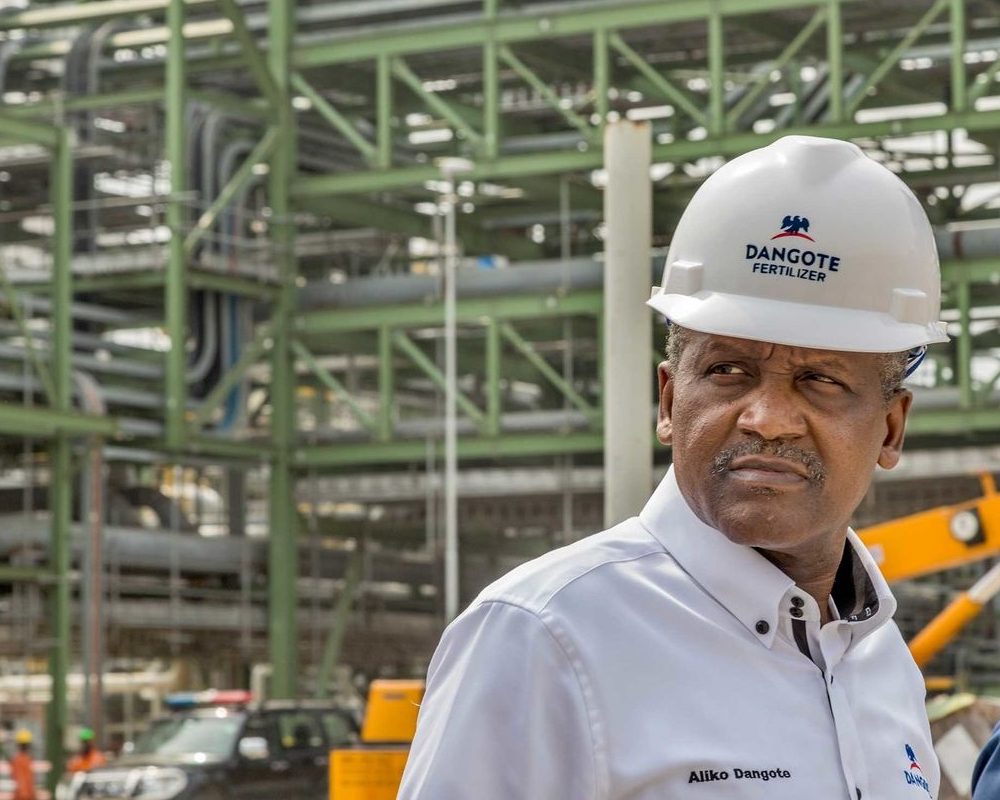Aliko Dangote, the founder of Dangote Petroleum Refinery, has urged the federal government to eliminate the petrol subsidy, stating that now is the appropriate time for Nigeria to transition away from such financial support.
In an interview with Bloomberg TV on Monday, September 24, Dangote remarked, “I think it is the right time to remove the subsidy because all countries have phased out similar payments.” He emphasized that maintaining the subsidy is no longer viable for Nigeria, as it distorts prices and leads to the government “paying more than necessary.”
Acknowledging the sensitivity of the issue, Dangote explained that the current subsidy system contributes to price hikes, placing additional strain on the government. He also indicated that petrol produced locally at his refinery will be monitored to ensure accurate tracking of consumption rates.
While Dangote recognized that the final decision to end the subsidy lies with the government, he reiterated that continuing these payments is not sustainable and that the government cannot maintain subsidies indefinitely.
He stated, “This refinery will help clarify various issues, as it will provide a true account of Nigeria’s consumption. No one can accurately say whether we consume 60 million litres a day or less. By producing locally, we can ensure everything is counted and accounted for. We will track most trucks and ships loading from us to guarantee they are delivering oil within Nigeria, which can significantly help the government save money.”
Dangote compared Nigeria’s gasoline prices to those in Saudi Arabia, noting, “For example, citizens in Saudi Arabia view oil as a god-given gift and expect low prices. However, as it stands, gasoline in Nigeria is about 40 percent cheaper than in Saudi Arabia, which seems illogical. Our gasoline prices are approximately 60 percent lower than those in neighboring countries, and given our porous borders, this situation is unsustainable. The government cannot sustain the current level of subsidies.”
He added, “We have the option to export what we produce and sell locally. As a private company, we have to generate profits. We invested $20 billion, and it’s crucial for us to make money. The decision to remove the subsidy ultimately rests with the government. We can’t alter prices, but I believe the government will need to make concessions.”

